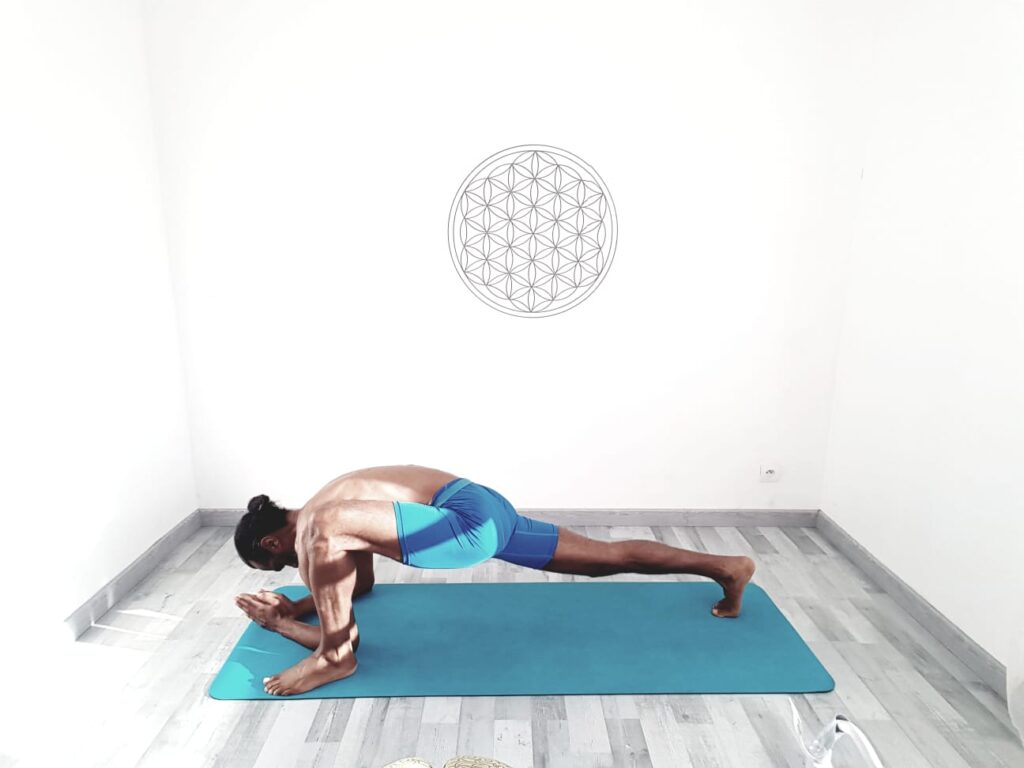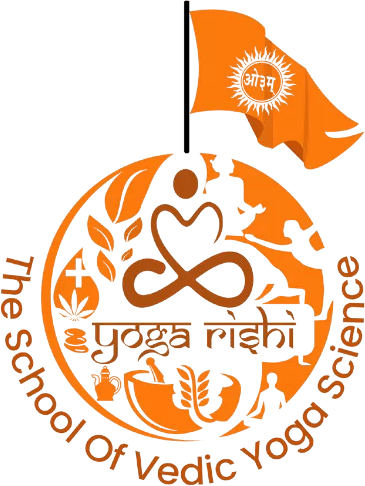Fat Burning and Weight loss through

Fat Burning and Weight loss
Yoga is a popular form of exercise that can be used to support weight loss and fat burning efforts. Here are some ways that yoga can help with weight loss:
Increases physical activity: Yoga is a low-impact form of exercise that can help you burn calories and increase your physical activity level. This can help you create a calorie deficit, which is necessary for weight loss.
Reduces stress: Yoga can help reduce stress levels, which can contribute to weight gain. High stress levels can lead to overeating and can cause your body to store excess fat.
Improves sleep: Getting adequate sleep is important for weight loss, as lack of sleep can disrupt hormones that regulate hunger and appetite. Yoga can help improve the quality of your sleep, which can support weight loss efforts.
Builds muscle: Certain types of yoga, such as power yoga, can help build muscle mass. Muscle burns more calories at rest than fat, so increasing muscle mass can help you burn more calories overall.
Increases mindfulness: Practicing yoga can increase mindfulness and awareness of your body, which can help you make healthier food choices and avoid mindless snacking.
To get the most benefits from yoga for weight loss, it is important to practice regularly and choose yoga sequences that are challenging and promote strength building. Additionally, it is important to incorporate a healthy diet and other forms of physical activity into your weight loss routine for optimal results.
Ayurvedic Techniques
Ayurveda is a traditional system of medicine from India that has been practiced for thousands of years. It focuses on promoting balance and harmony in the body, mind, and spirit to prevent and treat illnesses. Here are some Ayurvedic techniques:
- Herbal remedies: Ayurveda uses herbs and plant-based remedies to treat various health conditions. Some commonly used herbs include ashwagandha, turmeric, and ginger.
- Diet: Ayurveda emphasizes a healthy diet that is tailored to each individual’s constitution or “dosha.” A dosha is a person’s unique combination of physical, mental, and emotional characteristics. Foods are categorized as either heating or cooling and are recommended based on an individual’s dosha.
It is important to note that Ayurvedic techniques should be used under the guidance of a qualified practitioner and should not be used as a replacement for conventional medical treatment.
Breathing Techniques
Breathing techniques are an important aspect of many practices, including yoga, meditation, and mindfulness. Proper breathing techniques can help reduce stress and anxiety, increase energy levels, and improve overall physical and mental health. Here are some breathing techniques:
- Diaphragmatic breathing: Also known as belly breathing or deep breathing, this technique involves inhaling deeply through your nose and expanding your belly, then exhaling slowly through your mouth and contracting your belly.
- Alternate nostril breathing: This technique involves inhaling through one nostril while closing the other nostril with your finger, then exhaling through the other nostril while closing the first nostril.
- Box breathing: This technique involves inhaling slowly and deeply for a count of four, holding your breath for a count of four, exhaling slowly for a count of four, and then holding your breath for a count of four before starting again.
Breathing techniques can be practiced at any time of day and can be particularly helpful during times of stress or anxiety. It is important to practice these techniques regularly to experience their full benefits.
Naturopathy Advisory
Naturopathy is a system of alternative medicine that focuses on natural remedies and non-invasive treatments to promote healing and prevent illness. Here are some general naturopathy advisories:
- Eat a healthy diet: A healthy diet that is rich in whole foods, fruits, and vegetables is an important aspect of naturopathic medicine. It is important to choose foods that are nutrient-dense and avoid processed and refined foods.
- Stay hydrated: Drinking enough water is important for overall health and can help flush toxins from the body.
- Get regular exercise: Exercise is important for physical and mental health. It can help reduce stress, improve circulation, and support weight management.
- Practice stress reduction techniques: Chronic stress can have a negative impact on physical and mental health. Naturopathic practitioners often recommend techniques such as yoga, meditation, and deep breathing to reduce stress.
- Use natural remedies: Naturopathy emphasizes the use of natural remedies such as herbs, supplements, and homeopathic remedies to treat various health conditions.
It is important to note that naturopathy should be used in conjunction with conventional medical treatment, and not as a replacement. It is also important to consult with a qualified naturopathic practitioner before beginning any new treatment or supplement regimen.










